Controversial issues
The legacy of the past and its impact on the present, as well as the process of interpretation by which accounts of the past are constructed, mean that many topics studied in history may carry an emotional charge. Certain events or developments may have a particular relevance – or resonance – for some young people and their communities, but carry different overtones (or none at all) for others. This section contains advice and resources for teachers who are tackling potentially sensitive topics that may generate emotionally charged responses and explores the issues that may arise as topics studied in the classroom intersect with personal, family and community histories. The materials here will help teachers to reflect carefully on the appropriateness of their objectives and to develop effective teaching strategies for promoting sensitive and productive kinds of discussion, especially when both the past and its implications for the present are disputed. They highlight the risks involved and the ways in which they can be mitigated, and include guidance and advice related to the Prevent Strategy.
-

'History on Trial'
ArticleClick to view -

A need to know: Islamic history and the school curriculum
ArticleClick to view -

Active remembrance
ArticleClick to view -

An authentic voice: perspectives on the value of listening to survivors of genocide
ArticleClick to view -
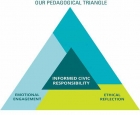
Attempting to reach the heart of the matter
ArticleClick to view -
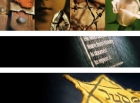
Being historically rigorous with creativity
ArticleClick to view -
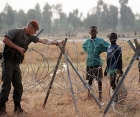
Bringing Rwanda into the classroom
ArticleClick to view -

Building an overview of the historic roots of antisemitism
ArticleClick to view -
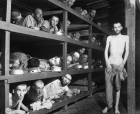
Can we educate Year 9 in genocide prevention?
ArticleClick to view -

Confronting conflicts: history teachers’ reactions to spontaneous controversial remarks
ArticleClick to view -

Creating controversy in the classroom: making progress with historical significance
ArticleClick to view -

Cunning Plan 166: developing an enquiry on the First Crusade
ArticleClick to view -

Cunning Plan 191: diving deep into ‘history from below’ with Year 8
ArticleClick to view -

Decolonise, don’t diversify: enabling a paradigm shift in the KS3 history curriculum
ArticleClick to view -

Decolonising sources: helping Year 9 pupils critically evaluate colonial sources
ArticleClick to view -

Defying the ‘constrictive grip of typologies’
ArticleClick to view -

Empathy without illusions
ArticleClick to view -

Examining the Value of Teaching Sensitive Matters in History
ArticleClick to view -
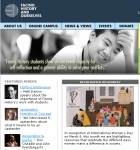
Facing History
ArticleClick to view -

Family stories and global (hi)stories
ArticleClick to view

